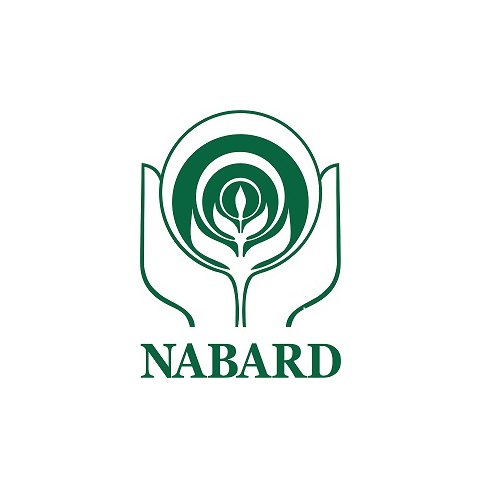1. The Battle of Plassey was fought in --> 1757
2. The territory of Porus who offered strong resistance to Alexander was situated between the rivers of --> Jhelum and Chenab
3. Under Akbar, the Mir Bakshi was required to look after --> military affairs
4. Tripitakas are sacred books of --> Buddhists
5. The trident-shaped symbol of Buddhism does not represent --> Nirvana
6. Under an agreement with which of the following countries did Subhas Chandra Bose organize the Indian soldiers, taken as prisoners by the Axis Powers, into the Azad Hind Fauj? --> Japan
7. We hear of two envoys being sent to the Roman kings, one in 27-28 AD to the court of Augustus and the other in 110-20 AD to the court of --> Trajan
8. The use of Kharoshti in ancient Indian architecture is the result of India's contact with --> Greece
9. The troops raised by the emperor but not paid directly the state and place under the charge of mansabadars were know as --> Dakhili
10. The title of 'Viceroy' was added to the office of the Governor-General of India for the first time in --> 1858 AD
11. To which of the following dynasties did King Bhoja, a great patron of literature and art, belong? --> Paramara
12. Vikramaditya, a king of Ujjain, started the Vikrama samvat in 58 BC in commemoration of his victory over --> Sakas
13. Two of the great Mughals wrote their own memories. There were --> Babar and Jahangir
14. To which king belongs the Lion capital at Sarnath? --> Ashoka
15. The term 'Yavanapriya' mentioned in ancient Sanskrit texts denoted --> pepper
16. The Timariots Governors and the Revenue Contractors, on their part reason in this manner: "Why should the neglected state of this land create uneasiness in our minds and why should we expend our money and time to render it fruitful? We may be deprived of it in a single moment, and our exertions would benefit neither ourselves nor our children." This statement was made by --> Bernier
17. The ultimate ownership of land during the post-Gupta period lay with --> the king
18. To which of the republic of Buddha belong? --> Sakyas
19. Visakhadatta sketches the event after the death of Samudragupta in his work --> Mudrarakasam
20. The system of Dual Government during the latter half of the 18th century AD is associated with the name of --> Clive
21. The Vedas contain all the truth was interpreted by --> Swami Dayananda
22. The term samanta, meaning a feudatory from the sixth century AD, originally meant a --> neighbor
23. The Vedic deity Indra was the Goddess of --> rain and thunder
24. Tolkappiyam is associated with the --> second Sangam period
25. Pulakesin II was the most famous ruler of --> Chalukyas
26. The term Brahmadeya occurs for the first time in --> pre-Gupta inscriptions
27. Under whose leadership was the all India Muslim League set up? --> Aga Khan
28. Under the Guptas in eastern India, there was probably an intermediate level of administration between vishayas (districts) and villages. Identify it. --> Vithi
29. The two principles monuments of Alaud-din Khilji's reign - the Jama at Kana Masjid and Alai Darwaza - were constructed at --> Delhi
30. The term Nirgrantha is associated with --> Jainas
31. The Kalinga was fought in --> 261 BC
32. Under the Government of India, Provincial Legislatures consisted of two chambers, except in the case of --> Punjab








